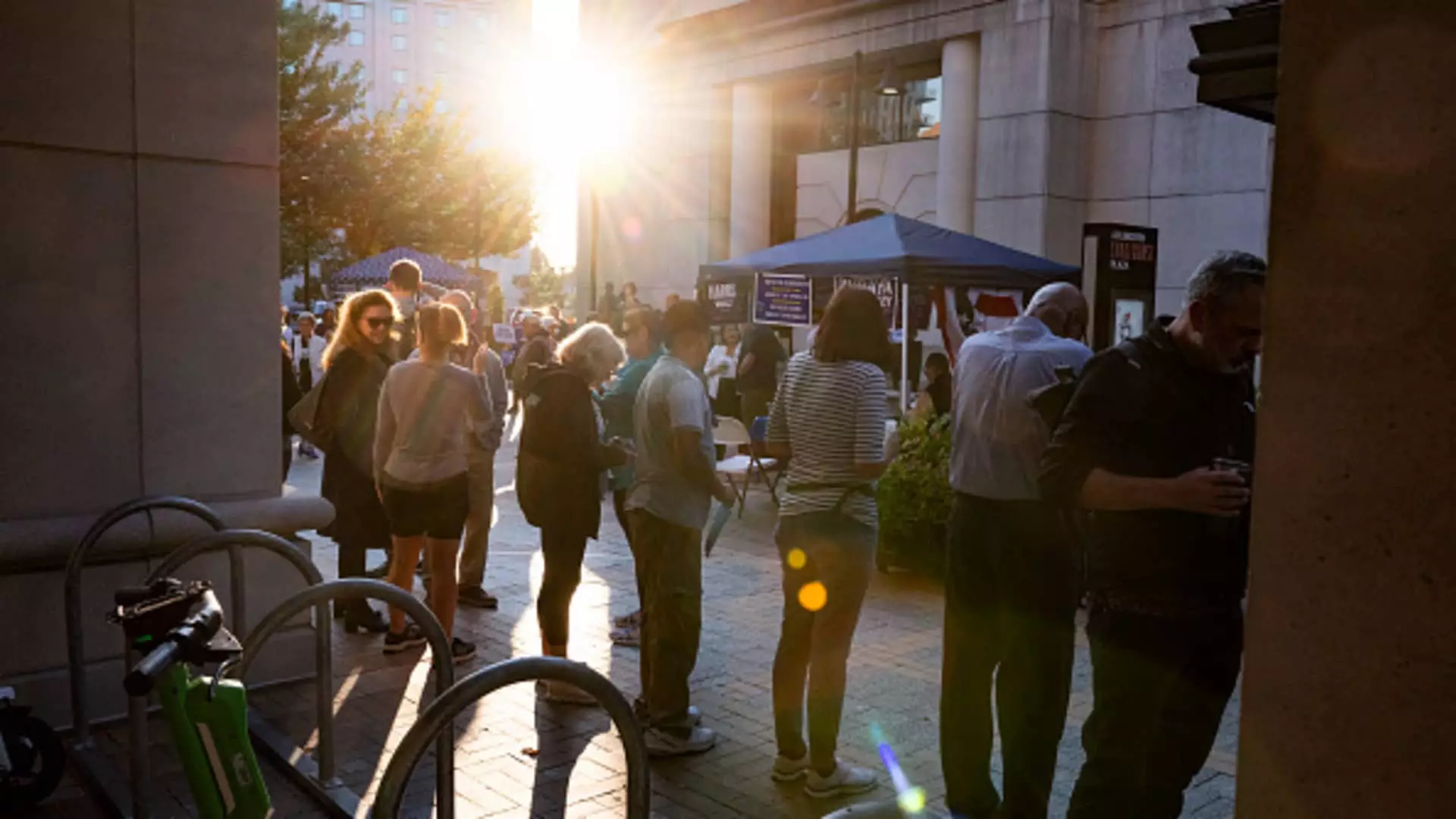In a pivotal ruling last Friday, a federal judge intervened to halt Virginia’s controversial initiative to remove alleged noncitizens from its voter rolls. This decision by Judge Patricia Giles not only reinstates over 1,600 voters previously purged but also raises substantial concerns about the timing and legality of such actions, particularly given their proximity to an impending election. The U.S. Department of Justice’s (DOJ) argument centered on the violation of federal law, which prevents states from conducting mass removals within a 90-day window before an election. This legal protection is designed to ensure the integrity of the electoral process and to prevent unjust disenfranchisement.
Governor Glenn Youngkin’s directive, issued on August 7, sparked a flurry of legal challenges as it mandated election officials to eliminate voters who allegedly indicated noncitizen status on their Department of Motor Vehicle forms, either by directly stating it or by failing to complete that section. However, emerging evidence suggested that many of those removed were likely U.S. citizens. The DOJ identified that at least 43 individuals in Prince William County were mistakenly flagged, raising the question of how many more citizens might have been affected by this sweeping order. Judge Giles compellingly directed attention to the potentially harmful ramifications of the purge, alluding to the ethical implications of disenfranchising eligible voters based on questionable data.
The timing of Youngkin’s executive order is particularly noteworthy, as it coincides closely with a highly contested presidential election featuring key figures like Vice President Kamala Harris and Donald Trump. Critics argue that such a maneuver could be interpreted as a politically motivated attempt to influence electoral outcomes. Giles’ remark on the deliberate timing suggested a calculated effort to shape the voting landscape at a critical juncture. While Virginia’s legal team defended the purge, asserting the need to maintain electoral integrity, many citizens and advocacy groups viewed it as a targeted attack on voting rights.
In response to Giles’ ruling, Youngkin was quick to announce intentions to appeal, outlining plans to pursue a stay from the Fourth Circuit Court of Appeals. His insistence on the alleged verification of noncitizen status among the purged individuals reflects the ongoing national debate surrounding voter eligibility and access. The governor’s stance underscores a perpetual tension between the necessity to secure the integrity of the electoral process and the imperative to ensure that citizens are not unfairly disenfranchised.
As the case develops, the implications of this ruling will resonate beyond Virginia, potentially setting precedents for how states manage voter registration and the importance of safeguarding citizen rights in the electoral process. This incident highlights the critical balance between enforcing voter laws and protecting civil liberties—a balance that remains a contentious issue across the United States. Consequently, as states continue to grapple with these challenges, the vigilance of the judicial system in upholding democratic principles will remain paramount.

